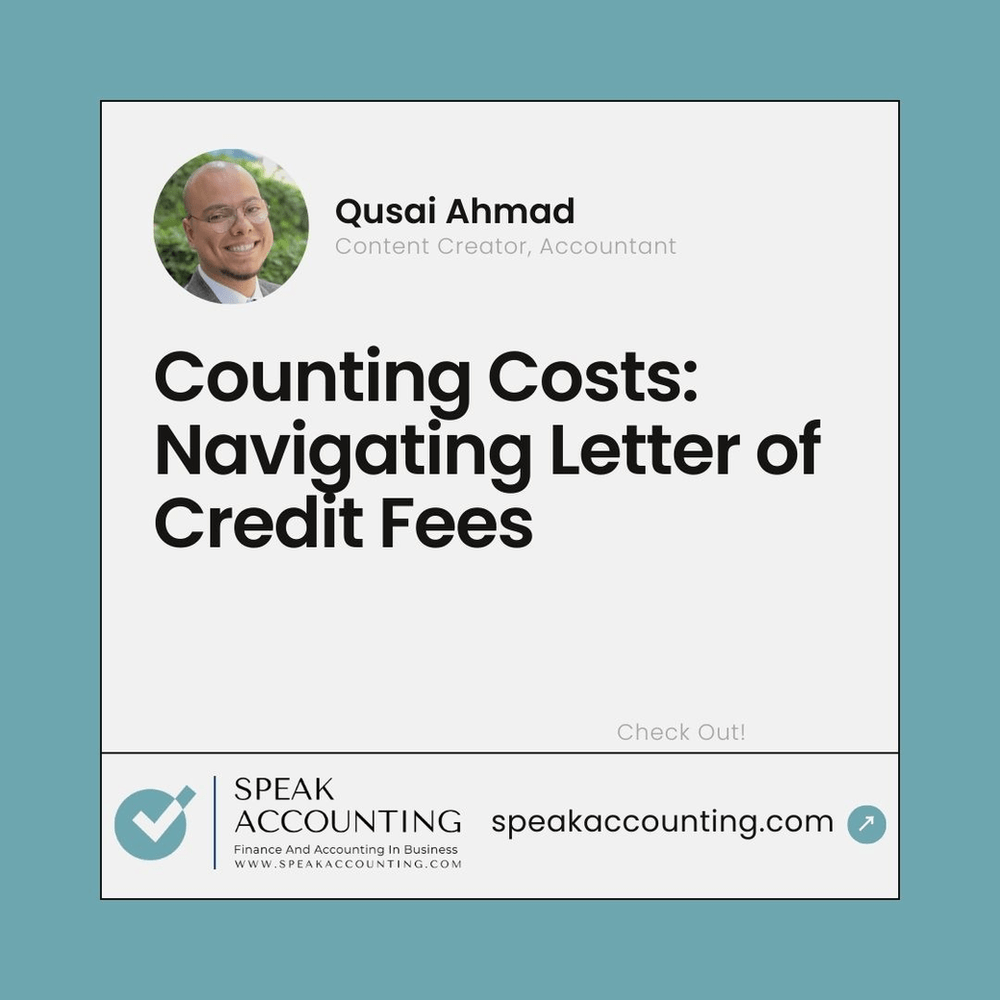In the world of finance and taxes, becoming a Certified Tax Planner is a remarkable achievement that can transform your career. Let’s delve into what it means to be a Certified Tax Planner and how it can benefit you.
What is a Certified Tax Planner?
A Certified Tax Planner (CTP) is a tax professional who has gone through specialized training and education to become an expert in proactive tax planning. Unlike traditional tax preparers, CTPs focus on helping clients minimize their tax liabilities legally and efficiently throughout the year, rather than just filling out tax forms.
The Benefits of Becoming a Certified Tax Planner CTP
Becoming a Certified Tax Planner offers numerous advantages:
1. Expertise in Tax Planning
CTPs are trained to identify tax-saving opportunities that others might miss. They can develop strategies to reduce a client’s tax bill significantly.
2. Increased Income Potential
CTPs are in high demand because they offer a valuable service. As a CTP, you can charge premium fees for your expertise, potentially doubling your income compared to traditional tax preparation services.
3. Continuous Learning
To maintain their certification, CTPs must stay up-to-date with tax laws and strategies. This ongoing education ensures that they provide the most effective tax planning advice to clients.
4. Supportive Community
Becoming a CTP means joining a community of like-minded professionals. You can exchange ideas, ask questions, and find support in your journey to help clients save on taxes.
5. Proprietary Tools and Resources
CTPs have access to specialized tools and resources that aid in tax planning. These resources help streamline the process and provide clients with a comprehensive tax-saving strategy.
6. A Unique Selling Proposition
By becoming a CTP, you set yourself apart from traditional tax preparers. Clients are often looking for ways to save on taxes, making CTP services highly attractive.
The Path to Certified Tax Planner CPA Certification
To become a Certified Tax Planner, you typically need to meet certain requirements:
1. Professional Licensing
You must hold a professional license as a Certified Public Accountant (CPA), Enrolled Agent (EA), or tax attorney in good standing.
2. Clean Record
You should have a clean financial and professional record without any previous financial crime convictions, license suspensions, or revocations.
3. Specialized Training
Complete the required training program offered by an accredited organization like the American Institute of Certified Tax Planners (AICTP). This program equips you with the skills and knowledge necessary to excel in tax planning.
Is Certified Tax Planner Worth It?
Absolutely. The investment in becoming a Certified Tax Planner pays off in multiple ways. You gain expertise, boost your income potential, and provide a valuable service that clients seek.
Conclusion
Becoming a Certified Tax Planner is a smart move for tax professionals looking to elevate their careers and provide top-notch service to clients. It’s an opportunity to stand out in the field, increase your income, and help clients navigate the complex world of taxes effectively. So, if you’re ready to unlock the world of tax success, consider the path of a Certified Tax Planner.




